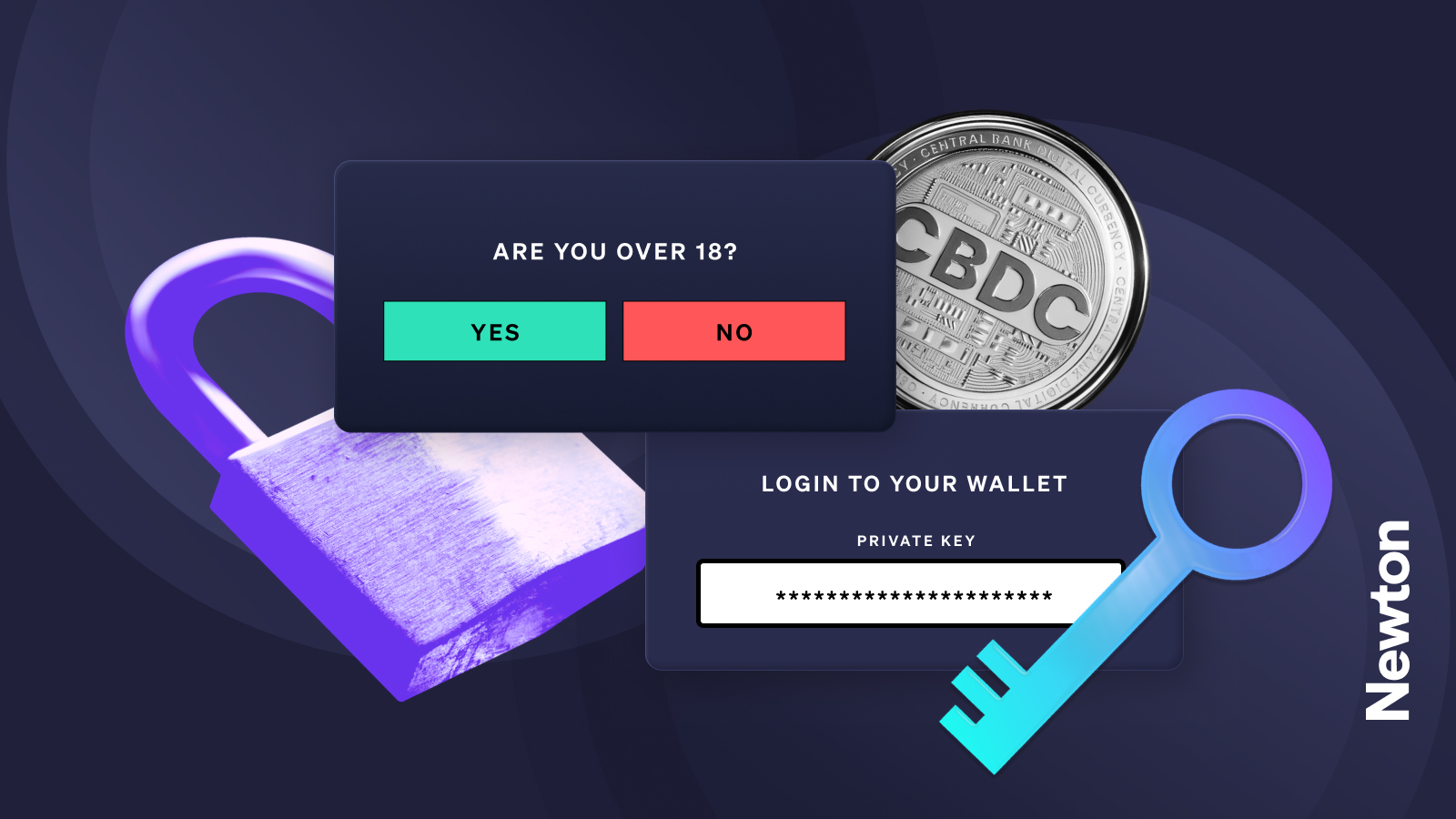

Zero Knowledge (ZK) technology, a cryptographic innovation developed to enhance privacy in digital systems, works like something out of a magician's playbook and is becoming a practical tool in cryptocurrency and policy circles. With Zero Knowledge Proofs (ZKPs), revealing knowledge of something without disclosing all the granular details is now possible.
Confidentiality tools such as this are gaining attention from central banks and regulators researching how to implement privacy within blockchain-based digital currency systems. The irony is that a solution developed to protect blockchain users' anonymity could play a key role in enabling government-backed digital cash with strong user privacy.
People trust Bitcoin, Ethereum, and other blockchains for their strong ledger security, but as these networks grow, they can become slow and expensive to use, especially during peak activity times. ZK Rollups offer one way to ease the pressure. They handle computations and transactions off-chain, then send only the essential updates back to the main chain. This approach can lower costs and boost speed and scalability without sacrificing accuracy.
While global Central Bank Digital Currencies (CBDCs) are likely to run on permissioned systems rather than public permissionless blockchains, some of the privacy and efficiency goals behind ZK technology are influencing early design choices. Policymakers are exploring ways to balance scalable confidentiality, making ZK-based and other approaches part of these ongoing conversations.
ZKPs were developed to solve privacy challenges in decentralized systems. Now, they are being studied for use in regulated environments, where privacy is paramount. In a Digital Loonie system, every transaction could be tracked in detail on the blockchain ledger, prompting fears about user privacy. ZKPs offer a way to satisfy know-your-customer (KYC) and anti-money laundering (AML) requirements without exposing personal details. This feature would be critical in a future where programmable money supports wallet-based settlement across sectors.
One common example is age verification; you could prove you’re over 18 without sharing your birthdate. Another is proving you are a live human and not a bot on a gaming or social platform.
In cryptocurrency situations, you might see ZKPs used for:
ZK Rollups are a Layer 2 scaling solution for public blockchains. They process transactions off the main chain and send only essential data, known as state changes, back to the base layer. This process allows for increased scalability as it:
In 2024, Canada paused developing a Digital Loonie and pivoted to payments infrastructure. Still, any future step towards purely digital currency must address the trust that cash has historically provided. At Newton, we're diligently following the blockchain sector's dynamic evolution and sharing frequent updates and editorials on our blog. Whether it's streamlining processes to reduce fees on crypto platforms or contributing to the future of a Digital Loonie, privacy-focused technology is increasingly relevant.